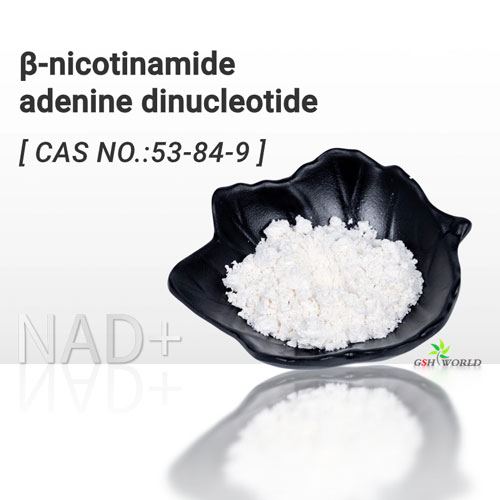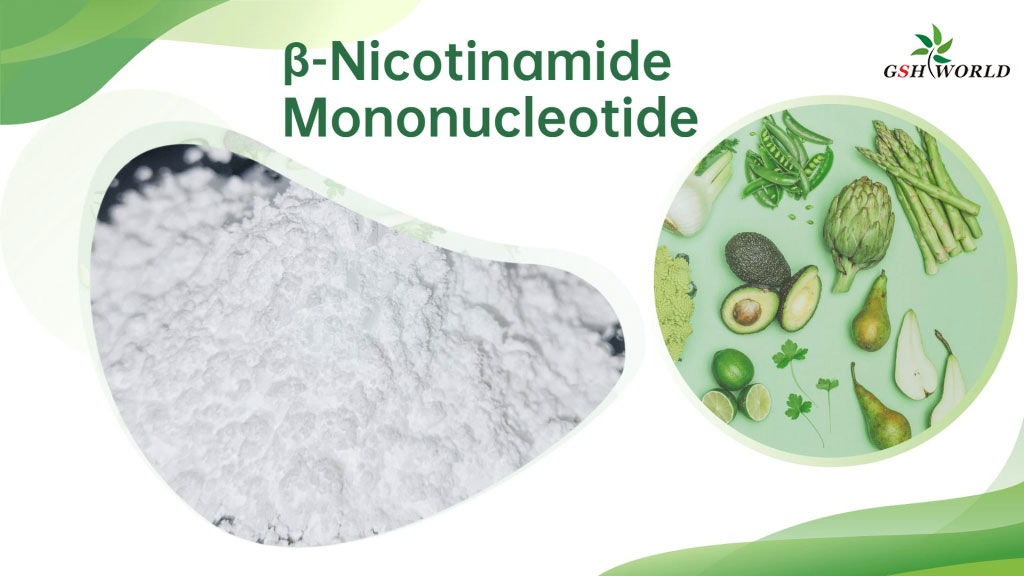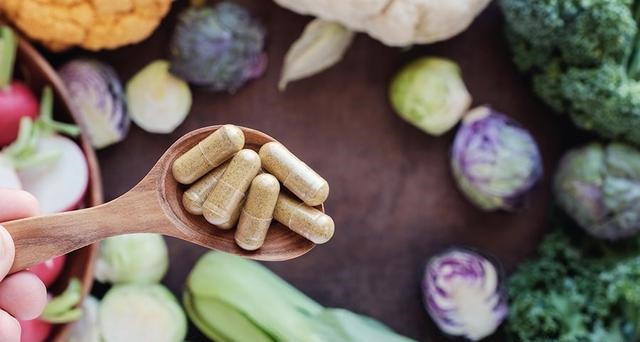What is NAD (Nicotinamide adenine Dinucleotide)?
NAD (nicotinamide adenine dinucleotide) is a coenzyme present in all living cells that provides numerous health benefits at the cellular and overall level.
NAD supplements increase the concentration of NAD+ in the blood and are absorbed by cells.
This coenzyme mediates a variety of physiological functions, including metabolism, energy production and energy use.
Difference between NAD+ and NADH
There are two forms of nicotinamide adenine dinucleotide in the body: NAD+ and NADH.
NAD+ is in the oxidizing form and NADH is in the reducing form, which means that it carries a molecule of hydrogen.
NAD+ can receive electrons, while NADH has regained electrons (in the form of hydrogen).
Effects of NAD deficiency
With age, the production of this coenzyme gradually decreases.
As a result, a range of signs and symptoms are often present.

Although this decline is natural and expected, it will undoubtedly change many of your body’s functions.
Therefore, trying to optimize our blood levels of nicotinamide adenine dinucleotide may benefit our overall health.
Without nicotinamide adenine dinucleotide, the cell’s power stations, known as mitochondria, would not function properly.
As a result, our cells’ ability to produce ATP (energy) is impaired.
Having healthy mitochondria that produce ATP (energy) is like having a “fully charged smartphone”; Getting people to get more done in a day.
However, the older the phone, the faster the battery wears out.
Our cells are no different.
Multiple studies have shown that nicotinamide adenine dinucleotide decline can be a powerful trigger for a variety of diseases, including heart disease, dementia, and metabolic problems such as obesity and diabetes.
nicotinamide adenine dinucleotide supplements increase the levels of this coenzyme in the blood and cells, helping to maintain good health as we age.
What is NMN (Nicotinamide single nucleotide)?
Niacinamide mononucleotides (NMN) are part of a large family of nucleotide molecules in our food.
It is a precursor to nicotinamide adenine dinucleotide, which means that if you take NMN, your body will produce nicotinamide adenine dinucleotide.

Similar to other types of nucleotides, NMN is made up of three parts:
Nitrogenous bases
A phosphate group and a sugar molecule
However, unlike other nucleotides, NMN’s primary purpose is to make up nicotinamide adenine dinucleotides.
Therefore, since NMN is a precursor to nicotinamide adenine dinucleotide, it is not necessary to take NMN and NAD supplements at the same time.
Keep in mind that nicotinamide adenine dinucleotide and NMN levels gradually decline with age.
Therefore, providing NMN or NAD directly to your body can boost your NAD levels.
In a study of 10 Japanese men, researchers found that NMN supplements significantly increased levels of nicotinamide adenine dinucleotide in the blood, confirming the benefits of the supplement.
The vast majority of NAD supplements contain one of the nicotinamide adenine dinucleotide precursors.
These precursors are converted into nicotinamide adenine dinucleotide with the help of specific enzymes.
Common NAD precursors used in supplements:
Nicotinamide mononucleotide (NMN)
Nicotinamide nucleoside (NR)
Niacin (NA)
Niacinamide (NAM)
Nicotinamide phosphoribose transferase (NAMPT)
In the body, your cells use a variety of ingredients to produce NAD.
These include amino acids such as tryptophan and aspartate, as well as vitamins such as niacin or vitamin B3.
Most of these elements are found in food, so eating a healthy diet is essential for a person’s overall health.




